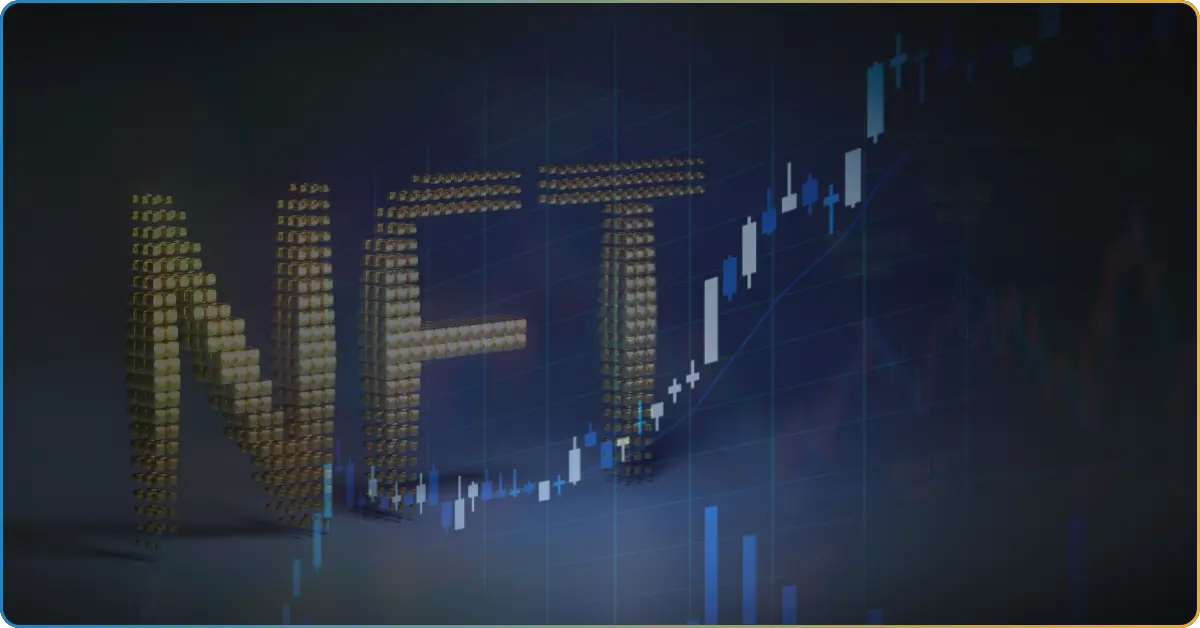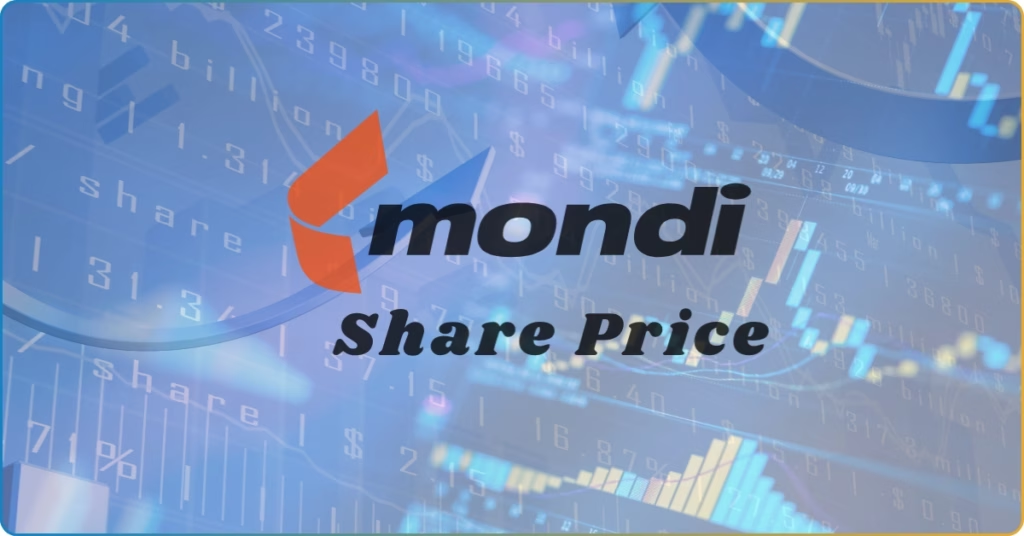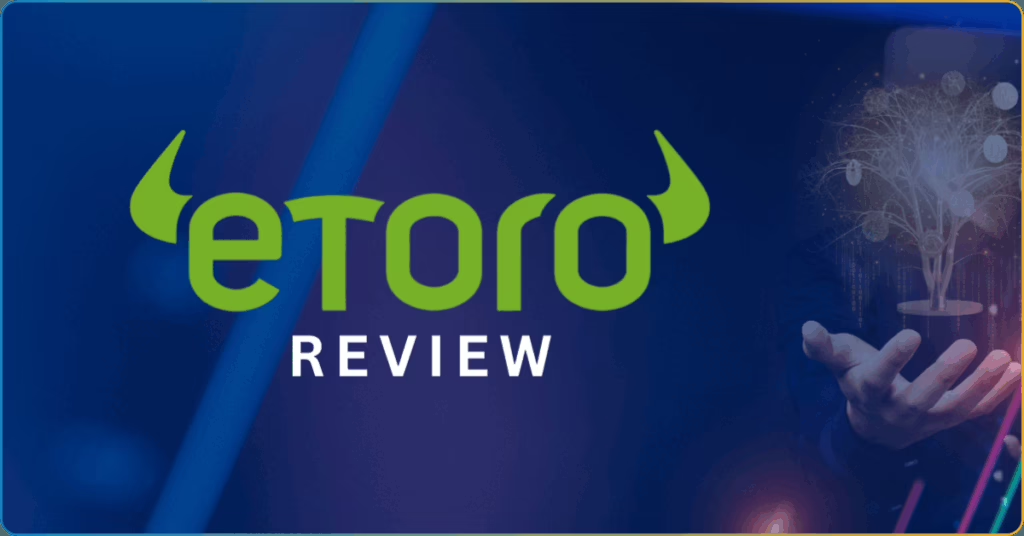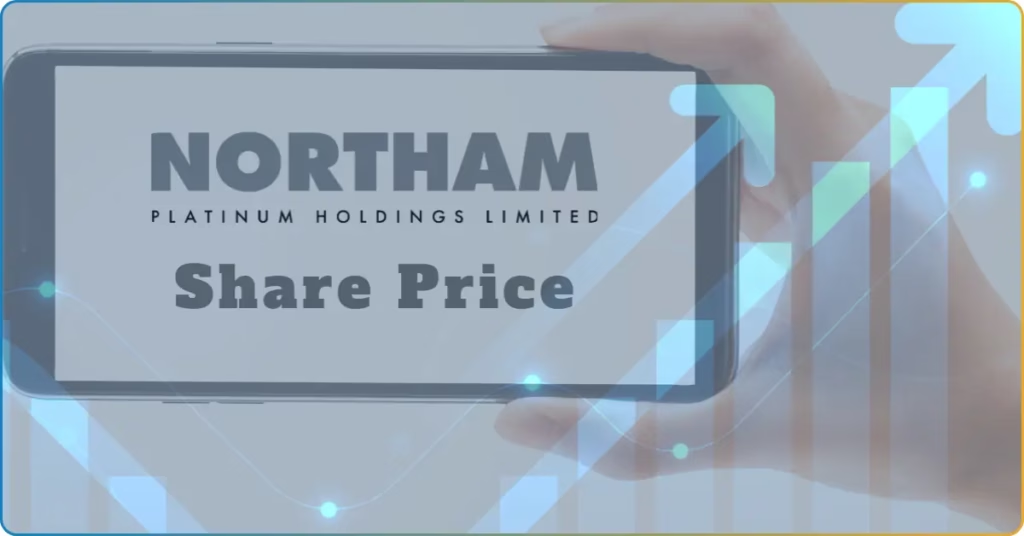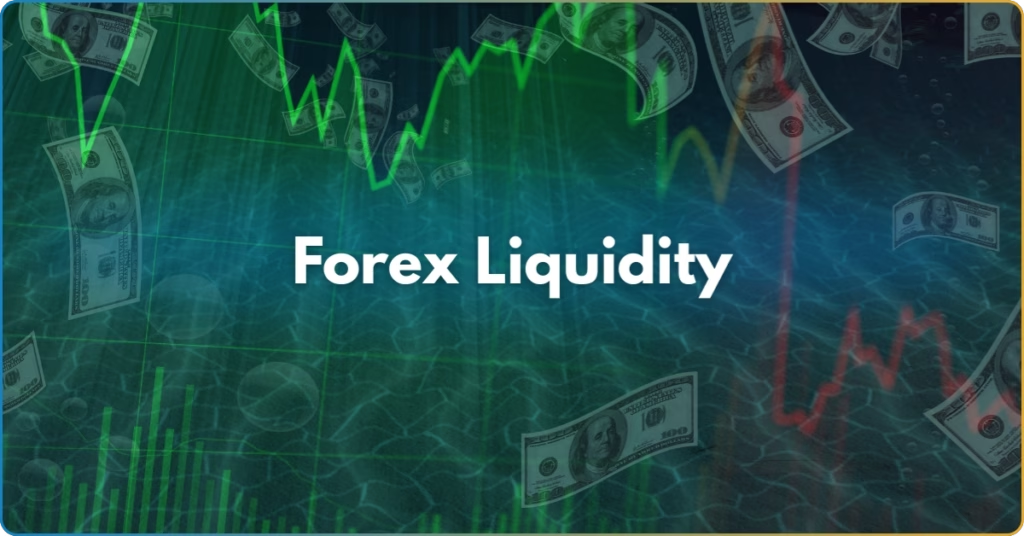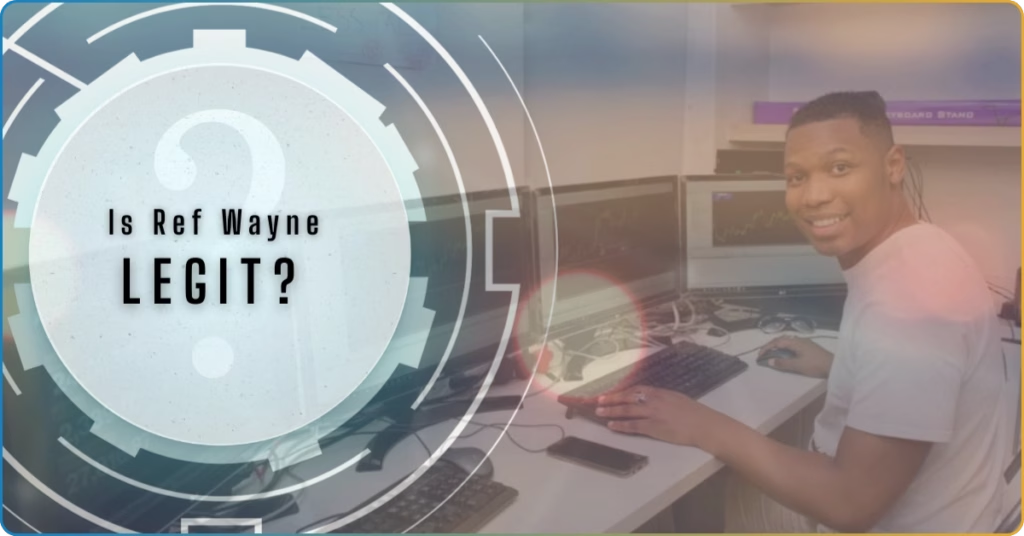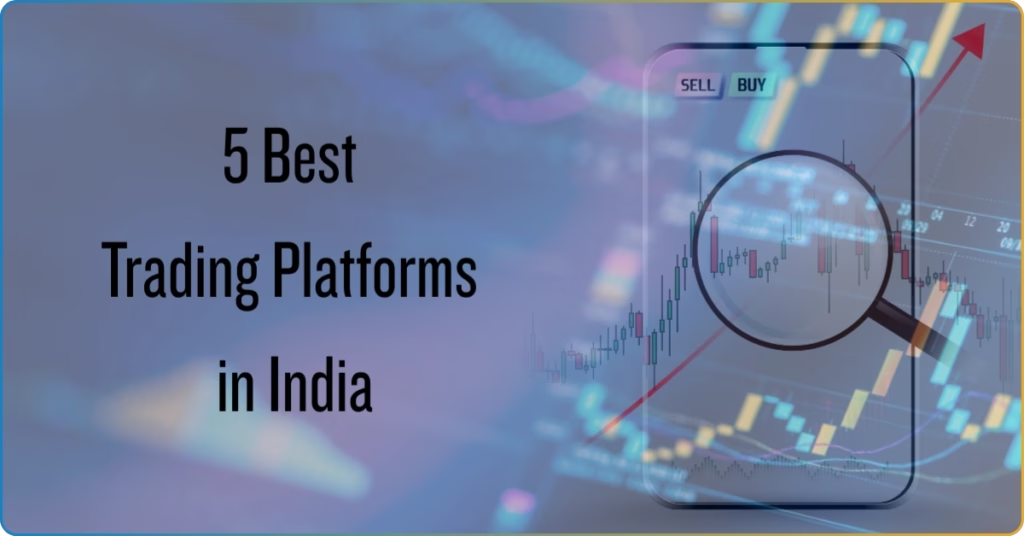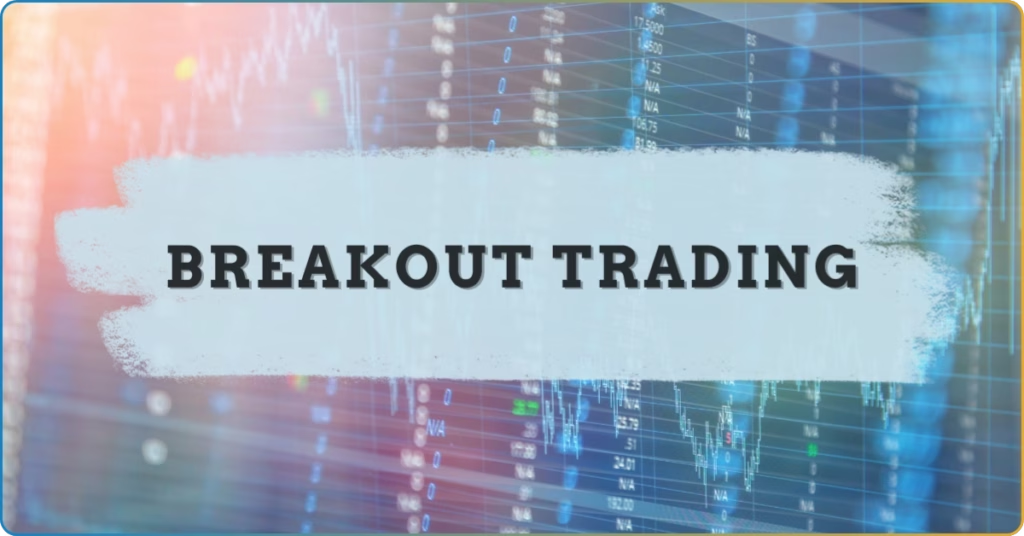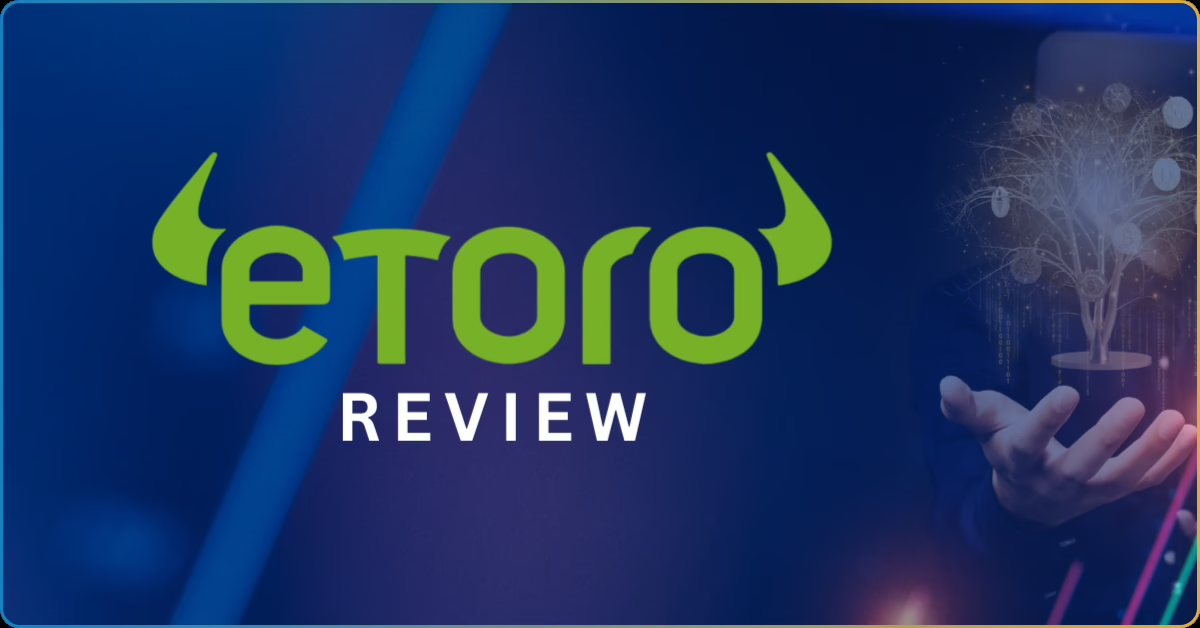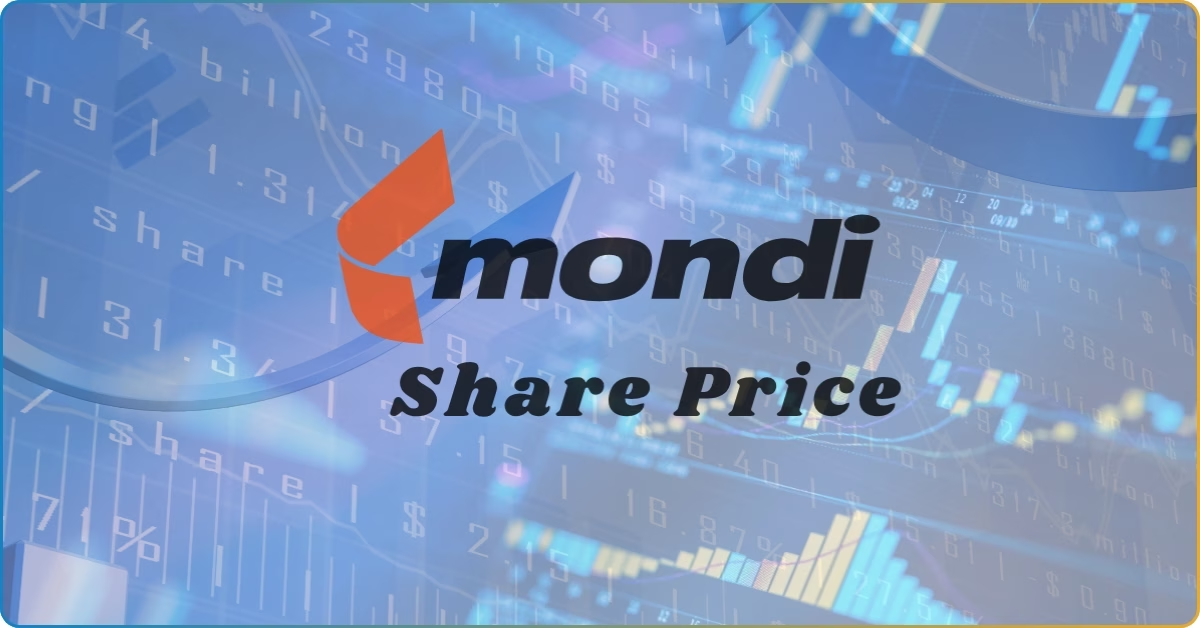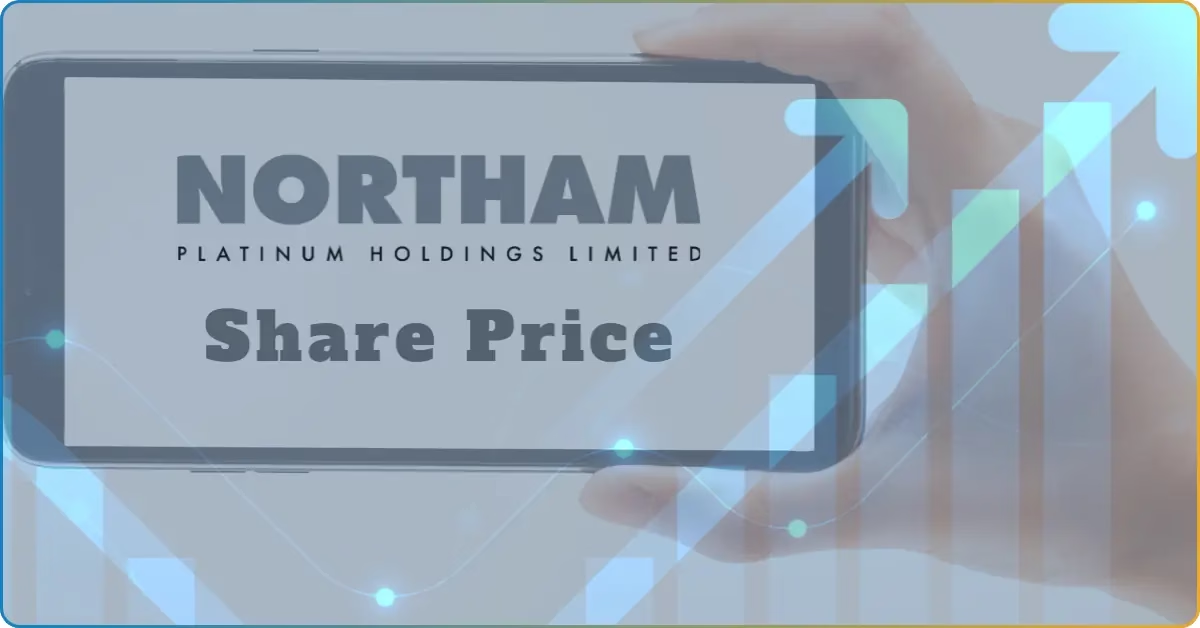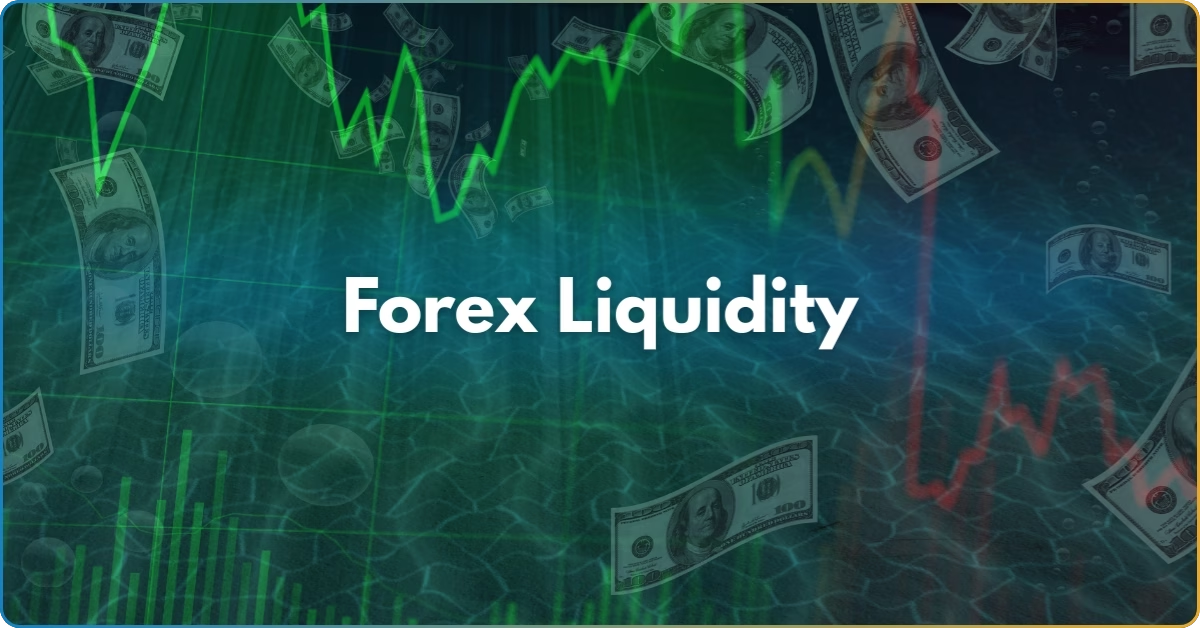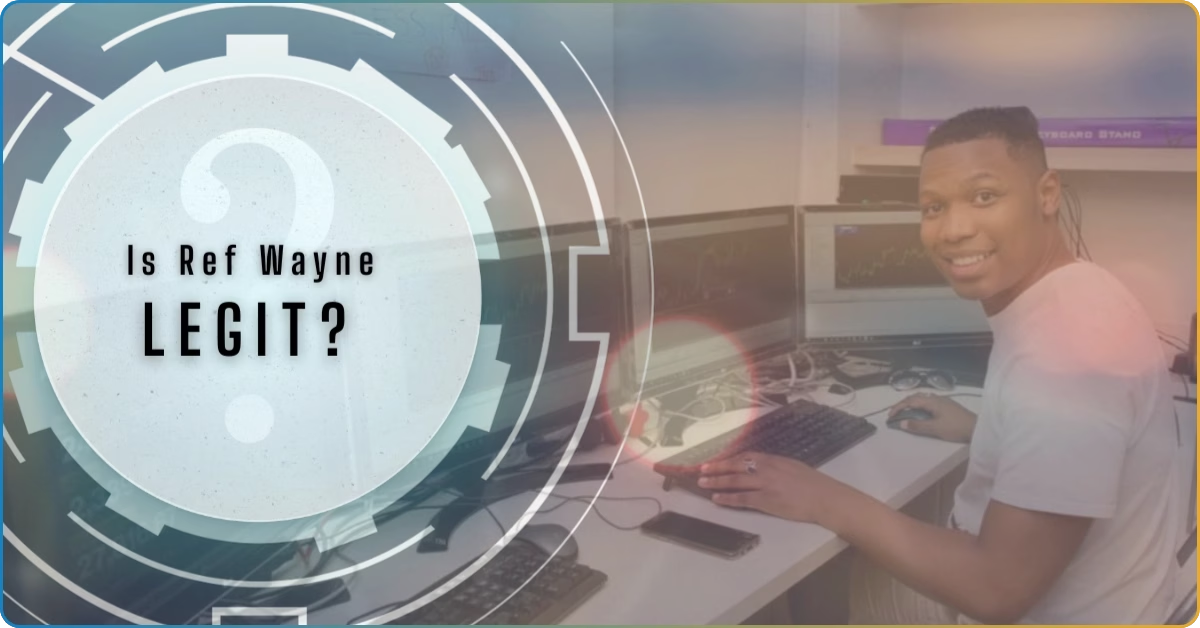The digital economy is evolving at an unprecedented pace, and one of the most groundbreaking innovations to emerge in recent years is the Non-Fungible Token (NFT).
Whether you’re an artist, a collector, a gamer, or an investor, understanding NFTs is crucial to navigating this new digital frontier. But what exactly is an NFT and why has it been taking the world by storm?
Let’s dive deep into the concept, technology, and real-world applications of NFTs to uncover their significance.
What Is NFT: Understanding the Basics
NFT stands for Non-Fungible Token.
Unlike cryptocurrencies such as Bitcoin or Ethereum, which are interchangeable and have identical values, NFTs are unique digital assets with distinctive characteristics.
They serve as verifiable proof of ownership and authenticity for digital or physical items recorded on a blockchain.
How NFTs Differ from Traditional Assets
| Features | Cryptocurrencies | NFTs |
|---|---|---|
| Fungibility | Fungible (identical and exchangeable) | Non-fungible (unique and distinct) |
| Divisibility | Can be divided into smaller units | Indivisible; cannot be split |
| Purpose | Primarily used for transactions and value storage | Represents ownership of digital or real-world assets |
| Transferability | Easily transferable between wallets | Requires smart contracts and blockchain verification |
How Do NFTs Work?
NFTs operate on blockchain technology, primarily utilizing smart contracts to validate ownership, enable transfers, and store metadata.
While Ethereum remain the dominant blockchain for NFTs, other networks like Binance Smart Chain, Solana, and Tezos are also gaining traction.
Here are the key features of NFTs:
- Uniqueness: Each NFT has distinct attributes that make it irreplaceable.
- Interoperability: NFTs can be traded across multiple platforms and marketplaces.
- Ownership Verification: Blockchain technology ensures transparenc and security, verifying the ownership and transaction history of NFTs.
- Indivisibility: Unlike cryptocurrencies, NFTs cannot divided into smaller units.
Real-World Use Cases of NFTs
NFTs are revolutionizing multiple industries by introducing digital proof of ownership and authenticity. Here are some real-world applications:
1. Digital Art and Collectibles
NFTs have created an entirely new market for digital artists, allowing them to sell unique pieces without relying on galleries or auction houses.
One notable example is Beeple’s digital artwork Everydays: The First 5000 Days, which was sold for $69.3 million at Christie’s in 2021.
Platforms like OpenSea and Rarible enable artists to tokenize their work, ensuring originality and preventing forgery.
2. Gaming and Virtual Assets
In-game assets such as skins, weapons, and virtual land are now tokenized, allowing players to truly own and trade them across games.
Axie Infinity, a play-to-earn game, generated over $1.3 billion in revenue in 2021 through NFT sales.
Other notable examples are Decentraland and The Sandbox, both offering virtual real estate simulation game to gamers. Through these games, crypto investors can buy land and build properties which can be sold for actuak profit.
3. Music and Entertainment
Musicians and content creators are leveraging NFTs to sell exclusive content directly to fans, bypassing traditional distributors.
To put it into perspective, Kings of Leon became the first band to release an album as an NFT. Through this, the band earned over $2 million from digital sales.
Celebrities like Snoop Dogg and Eminem are launching exclusive NFT-backed merchandise and events.
4. Real Estate and Virtual Property
NFTs are disrupting real estate by enabling digital property transactions on blockchain networks.
The world’s first NFT house, sold for $500,000, was auctioned on Propy, a blockchain real estate marketplace.
Virtual properties in The Sandbox metaverse have been sold for over $4.3 million.
5. Intellectual Property and Digital Identity
NFTs can verify ownership of patents, trademarks, and copyrights, reducing the risk of counterfeiting.
Nike’s CryptoKicks is a patent-backed NFT sneaker authentication system.
Additionally, domain names like ENS (Ethereum Name Service) are tokenized as NFTs for decentralized web identity management.
How to Buy and Sell NFTs
NFT trading requires a digital wallet and access to an NFT marketplace. Here’s how you can get started:
Step 1: Set Up a Crypto Wallet
You need a wallet like MetaMask, Trust Wallet, or Coinbase Wallet to store NFTs and cryptocurrencies.
Step 2: Fund Your Wallet
Purchase Ethereum (ETH) or the respective blockchain’s native token to pay for transactions and purchases.
Step 3: Choose an NFT Marketplace
Popular platforms include OpenSea, Rarible, Foundation, and SuperRare, where you can browse and trade NFTs.
Step 4: Buy or Mint an NFT
To buy an NFT, place a bid or purchase an NFT at a fixed price.
However, you must mint your NFT if you’re an artist or creator. To do it, upload your digital asset and mint it into an NFT on the blockchain.
Are NFTs a Good Investment?
NFTs have generated both excitement and skepticism. While some NFTs have sold for millions, others have lost significant value. Here are key factors to consider before investing:
| Factor | Why It Matters |
|---|---|
| Authenticity & Rarity | Limited-edition and unique NFTs tend to have higher value. |
| Creator Reputation | Well-known artists and brands have more credibility and demand. |
| Market Demand | The value of an NFT is largely dependent on its desirability within a community. |
| Utility & Functionality | Some NFTs offer access to events, metaverse assets, or gaming advantages. |
Are NFTs the Future of Digital Ownership?
NFTs have unlocked new opportunities across art, gaming, real estate, and intellectual property. While speculative in nature, their underlying technology is shaping the future of digital ownership and commerce.
As adoption grows and regulations evolve, NFTs may become an integral part of our digital lives.

